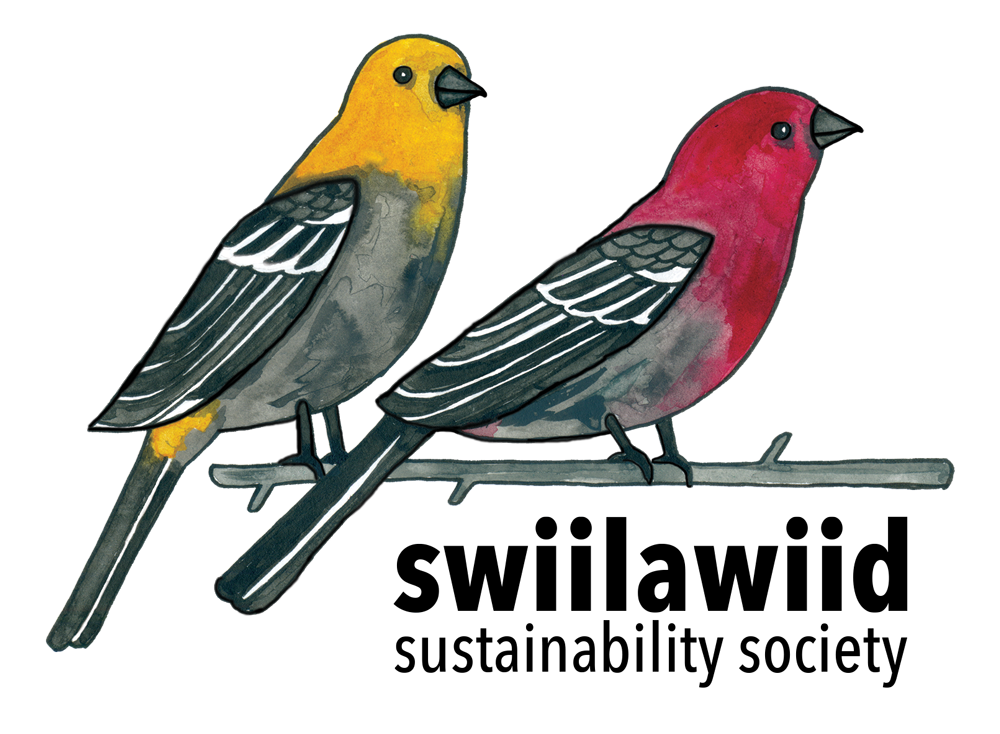2000-2009
2001
BC appoints an independent scientific panel to examine whether offshore oil and gas can be extracted in a scientifically sound and environmentally responsible manner.
An Offshore Oil and Gas Task Force holds public hearings in nine northern coastal communities, including Masset.
50,000L of diesel spill into Gámdas Gándlee Kumdis River when an Esso truck has an accident.
2002
The SGaay Taaw Siiwaay K’aadjuu power plan is given a final “no” after public hearings indicate the significance of the area in Haida history and culture.
BC’s scientific panel finds there’s no “scientific” or “technical” justification for a blanket moratorium on offshore oil and gas activities.
2003
The Offshore Oil and Gas Task Force finds all participating Indigenous Nations feel that lifting the moratorium would not be in their best interests, with a small number qualifying their response with “not at this time.”
2006
The Haida Nation hears murmurings of Enbridge’s proposed Northern Gateway Pipeline and will dedicate years to protecting Haida Gwaii from the pipeline and supertanker project.
Through assertion of Haida Rights and Title and the movement Islands Spirit Rising, logging on the central Northern Haida Gwaii is shut down, resulting in several years of negotiations regarding land stewardship of Haida Gwaii.
2007
The United Nations Declaration on the Rights of Indigenous Peoples (UNDRIP) is adopted by the General Assembly. Canada votes against adoption.
NaiKun Wind Development Inc. proposes to develop an offshore wind energy project of 110 turbines in the Hecate Strait, 8 km from northeastern Haida Gwaii.
2008
A Community Electricity Plan commissioned by the Council of the Haida Nation and BC Hydro looks into both the use and supply of electricity on Haida Gwaii.
2009
Gaaysiigang: An Ocean Forum for Haida Gwaii is held to encourage dialogue on the current condition of Haida Gwaii’s marine ecosystems and marine-based economy, and to identify solutions to improve the health of our surrounding ocean and local communities. The event is hosted by the Council of the Haida Nation in partnership with Gwaii Haanas/Parks Canada, the World Wildlife Fund, and Fisheries & Oceans Canada.
SGaay Taaw Siiwaay K’aadjuu is protected under SGaay Taw Siiwaay K’adjuu Management Plan.
NaiKun Wind Development Inc. and the CHN sign a tentative partnership when NaiKun promises to hook up Haida Gwaii to power generated by the wind project. NaiKun gets provincial environmental assessment approval.
Enbridge’s proposed Northern Gateway Pipeline is on the radar of Coastal and Interior Indigenous Nations, and our Canadian neighbours. A united front emerges to protect land, waters, and communities.
The Haida Nation and BC sign the Kunst’aa Guu—Kunst’aayah Reconciliation Protocol acknowledging the Haida Nation’s authority over Haida Gwaii.
